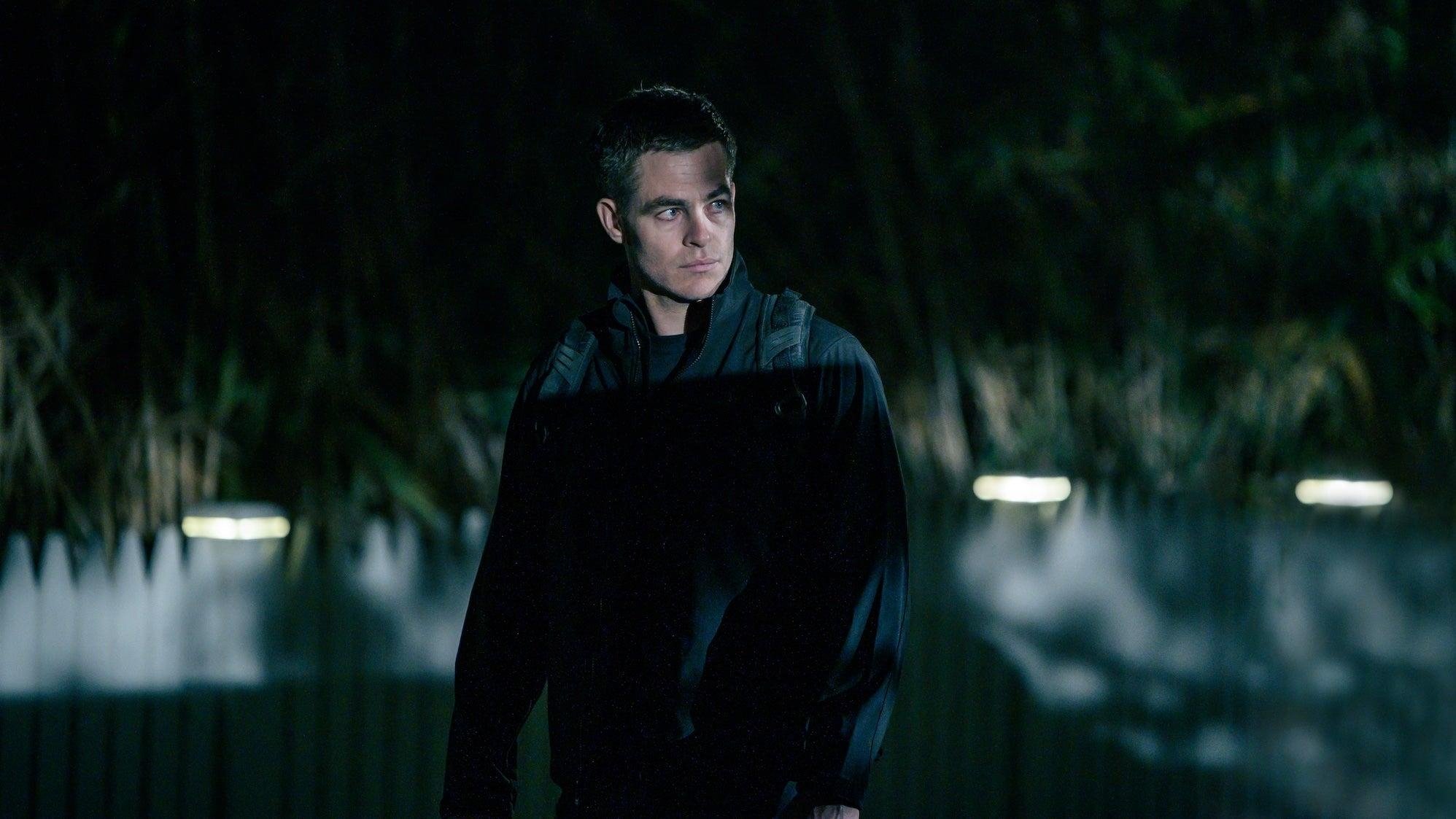With The Contractor, Chris Pine and Ben Foster’s third collaboration misses its mark
The latest entry in the Pine-Foster cinematic universe lacks the claustrophobic atmosphere needed to transform a military adventure into a political thriller

Since 2016, actors Chris Pine and Ben Foster have quietly begun assembling their own cinematic universe, delivering nuance and verisimilitude in riveting films like The Finest Hours and Hell Or High Water. They yet again prove a formidable team in The Contractor, director Tarik Saleh’s high-stakes, low-energy actioner about a former Special Forces officer who takes an ill-fated job as a military contractor. As before, the actors deliver convincing performances that elevate their characters’ misguided intentions, but in comparison to its predecessors, Saleh’s film lacks the claustrophobic atmosphere needed to transform a military adventure into a bona fide political thriller.
Pine plays James Harper, a sergeant who suffers from persistent knee injuries after multiple tours of duty and despite his best efforts cannot sufficiently rehabilitate his body enough to return to service. After testing positive for a cocktail of illegal drugs in his system meant to accelerate the repair of his knee, James receives a dishonorable discharge from his commanding officer, cutting off the pension and health care he, his wife Brianne (Gillian Jacobs) and their young son Jack (Sander Thomas) depend upon. He soon faces a choice between taking the kind of private sector gig that would pull him away from his loved ones, and drowning beneath a mountain of debt.
Just before succumbing to despair, James hears from his pal Mike (Foster), a fellow vet who has earned a handsome living since leaving the Army as a freelance contractor for ex-military man Rusty (Kiefer Sutherland). Promising a windfall for James, Mike connects him with Rusty, who offers him a mission to Berlin. But circumstances change drastically after their team completes its mission; both James and Mike are injured and they get separated from one another while evading the local authorities, prompting James not just to try to escape the situation but figure out how he has become embroiled in such a politically complex scenario.








































